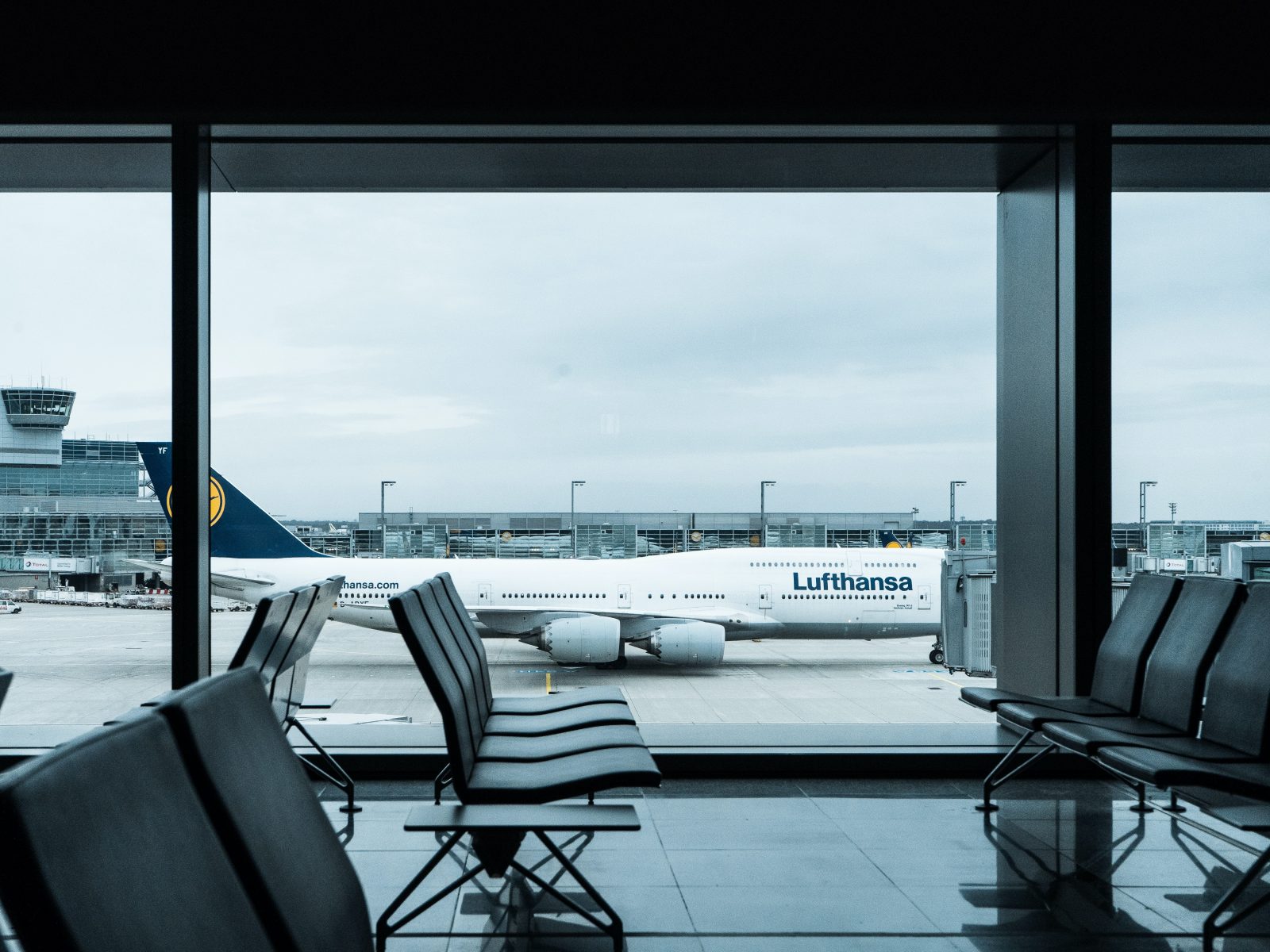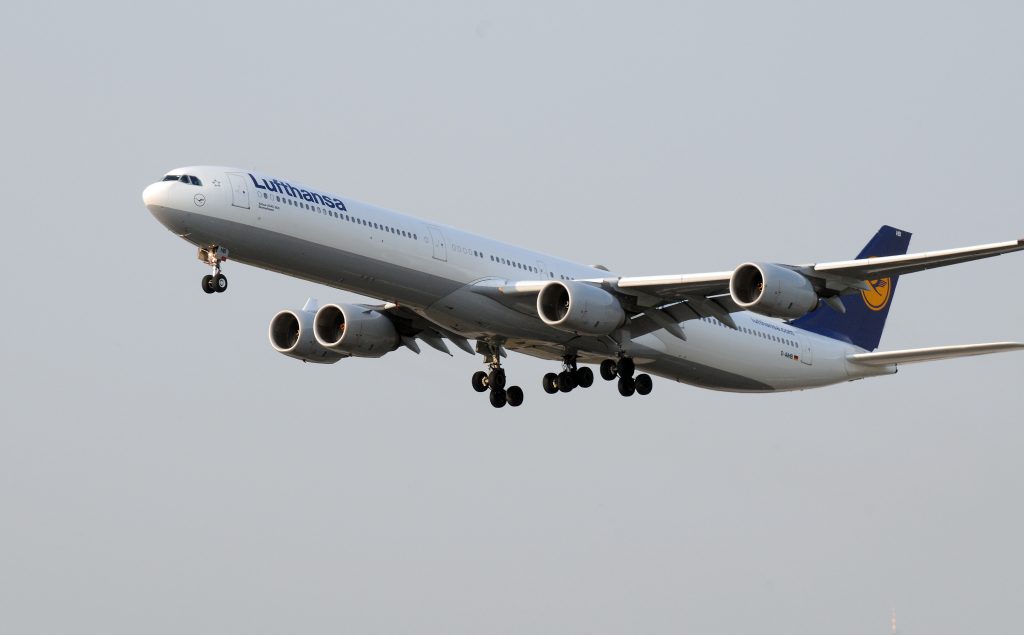
German flag carrier Lufthansa has been accused of ‘greenwashing’ over its group-wide launch of a more expensive ‘green’ fare that the airline says will help passengers enjoy “more climate-friendly flying” through the use of carbon offsets and sustainable aviation fuel.
Greenwashing is the term used to describe marketing and PR tactics that are used by some companies to make them look more environmentally friendly than they really are.

The aviation industry is under huge pressure to improve its environmental credentials, and while many airlines have committed to achieving net zero by 2050, there are calls for airlines to do much more right now.
New fuel-efficient aircraft will help towards the net zero goal, as will the widespread but currently elusive global adoption of so-called ‘sustainable aviation fuels’ (SAF).
In the meantime, some initiatives that are currently being plugged by airlines to make flying more sustainable have been derided as blatant greenwashing because they don’t achieve anything more than what is already being done.
In the case of Lufthansa’s ‘green fares’, it appears that the airline has plugged into the public’s desire for more sustainable air travel and their desire to fly responsibly after the idea was tested on passengers in Denmark, Sweden and Norway last year.
Now, the green fare option will be rolled out across Europe and North Africa on all Lufthansa Group airline flights, including Austrian, Austrian Airlines, Brussels Airlines, SWISS, Edelweiss, Eurowings Discover and Air Dolomiti. In total, 730,000 flights per year within Europe, as well as Morocco, Algeria and Tunisia will offer the more expensive fare.
Lufthansa says the fares will “make it possible to fly more sustainably” – primarily through carbon offsets, as well as a commitment to use 20 per cent SAFs at some point in the future.
The airline already gives passengers the option to offset CO₂ emissions or contribute towards SAF usage, so critics claims the new green fares are simply bundling existing options into a more expensive product.
Last year, Dutch flag carrier KLM was forced to change the wording of some of its sustainability advertising after it suggested that passengers could ‘neutralize’ their carbon contributions by paying more for its ‘CO₂ZERO’ programme.
The Dutch climate campaign group Fossielvrij NL filed a lawsuit against the airline, arguing that the carrier was misleading consumers by claiming they could “fly responsibly” by paying to offset carbon emissions.
Mateusz Maszczynski honed his skills as an international flight attendant at the most prominent airline in the Middle East and has been flying ever since... most recently for a well known European airline. Matt is passionate about the aviation industry and has become an expert in passenger experience and human-centric stories. Always keeping an ear close to the ground, Matt's industry insights, analysis and news coverage is frequently relied upon by some of the biggest names in journalism.







